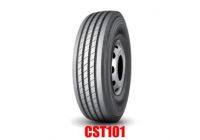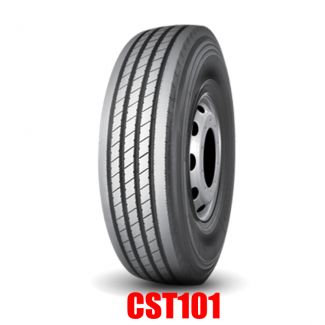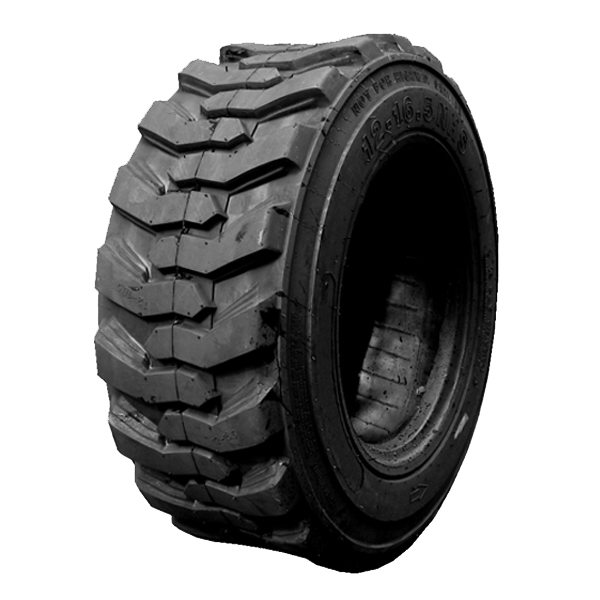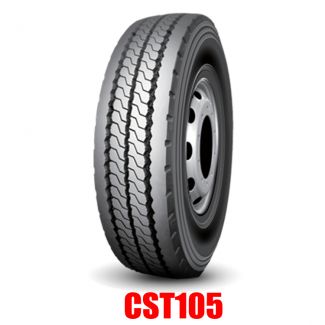Sprayer tyres, Rice transplanter tires and wheels, Agricultural tyres, tractor tires, Industrial Tyres, OTR Tires, skid tires, truck tires

Choosing the right tyres for trucks and heavy machinery is crucial for ensuring safety, performance, and efficiency in various applications. Truck tyres and solid tires serve distinct purposes, each with unique benefits and considerations. Bostone, a leader in tyre manufacturing, delves into the key differences between truck tyres and solid tires, providing insights on how to select the best option for your needs and ensure optimal safety and performance.
Truck tyres are specifically designed for use on large commercial vehicles, such as freight trucks, dump trucks, and long-haul trailers. These tyres are engineered to handle heavy loads, long distances, and varying road conditions.
Truck tyres are built with multiple layers, including a tread layer for grip, a steel belt layer for strength, and a casing for durability. This construction allows them to withstand significant weight and stress.

Solid tires, also known as solid rubber tyres, are commonly used in industrial and construction environments. Unlike pneumatic truck tyres, solid tires are not air-filled, making them puncture-proof and highly durable.
Solid tires are made entirely of solid rubber or a similar resilient material, eliminating the risk of punctures. They can be either press-on, where the tire is pressed onto the rim, or molded directly into the wheel.

While truck tyres are designed to withstand heavy loads and long distances, they are susceptible to punctures and require regular maintenance, including inflation checks and alignment adjustments. Proper care can extend their lifespan and improve safety.
Solid tires are highly durable and virtually maintenance-free. Their puncture-proof design makes them ideal for environments with a high risk of sharp objects and debris. However, they may need periodic inspection to check for wear and tear.
Truck tyres provide a smoother ride and better shock absorption, essential for long-distance travel and driver comfort. Their design helps reduce vibration and improve handling on highways and paved roads.
Solid tires offer less cushioning compared to pneumatic truck tyres, which can lead to a rougher ride. However, they excel in providing consistent performance in harsh environments, such as construction sites and warehouses.

Best suited for on-road and highway applications, truck tyres are essential for commercial transportation and logistics. They are designed to handle the demands of long-distance travel and heavy loads.
Ideal for off-road, industrial, and construction settings, solid tires are perfect for forklifts, loaders, and other heavy machinery. Their robust construction ensures durability and reliability in challenging environments.
Selecting the right tyres for your truck or heavy machinery is crucial for ensuring safety, performance, and efficiency. Truck tyres and solid tires each have their advantages and are suited to different applications. Bostone provides high-quality tyres tailored to meet the demands of various industrial and commercial environments. By understanding the specific needs and best practices for each type of tyre, you can ensure your equipment operates smoothly and effectively, enhancing productivity and safety.